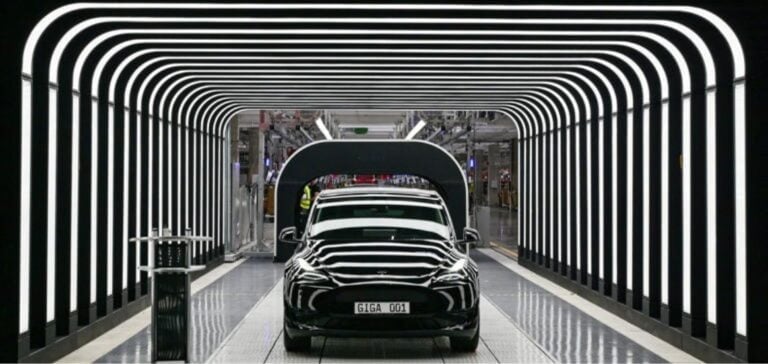The US administration has announced a two-year extension for electric car manufacturers, allowing them to continue using Chinese graphite until 2026. This decision comes against a backdrop of growing tension between the USA and China, particularly concerning dependence on critical materials for the electric vehicle industry. The US Treasury stresses that this extension is necessary to give companies time to restructure their global supply chains.
Impact on the automotive industry
The automotive sector, which is in the midst of its transformation to electric vehicles, will benefit directly from this measure. According to John Bozzella, President of the Alliance for Automotive Innovation, this temporary flexibility is crucial to managing the complex realities of the global supply chain. This should help stabilize production while encouraging supply chain localization initiatives in the US and with its allies.
Policy debates and outlook
The sector has reacted positively to this announcement, seeing an opportunity for a smoother transition to more autonomous and secure production standards. At the same time, the IRS has adjusted its guidelines for electric vehicle tax credits, aligning tax incentives with the new production requirements. However, this decision has been criticized by some politicians, including John Moolenaar, Chairman of the Special Committee on the Chinese Communist Party. In his view, this extension, which only increases US dependence on China, could prove counter-productive in the long term.
Supply chain security
Overall, this measure is seen as a step forward in strengthening and securing electric vehicle supply chains. The administration hopes this extension will ease the transition to an industry less dependent on foreign critical materials, aligned with the Inflation Reduction Act and President Biden’s climate goals.
The extension granted by the US Treasury to electric car manufacturers is a strategic move to gradually adapt supply chains. It reflects the challenges and power dynamics in a rapidly changing sector, offering both opportunities and challenges for the years ahead.






















